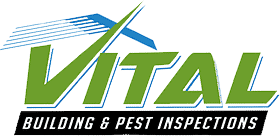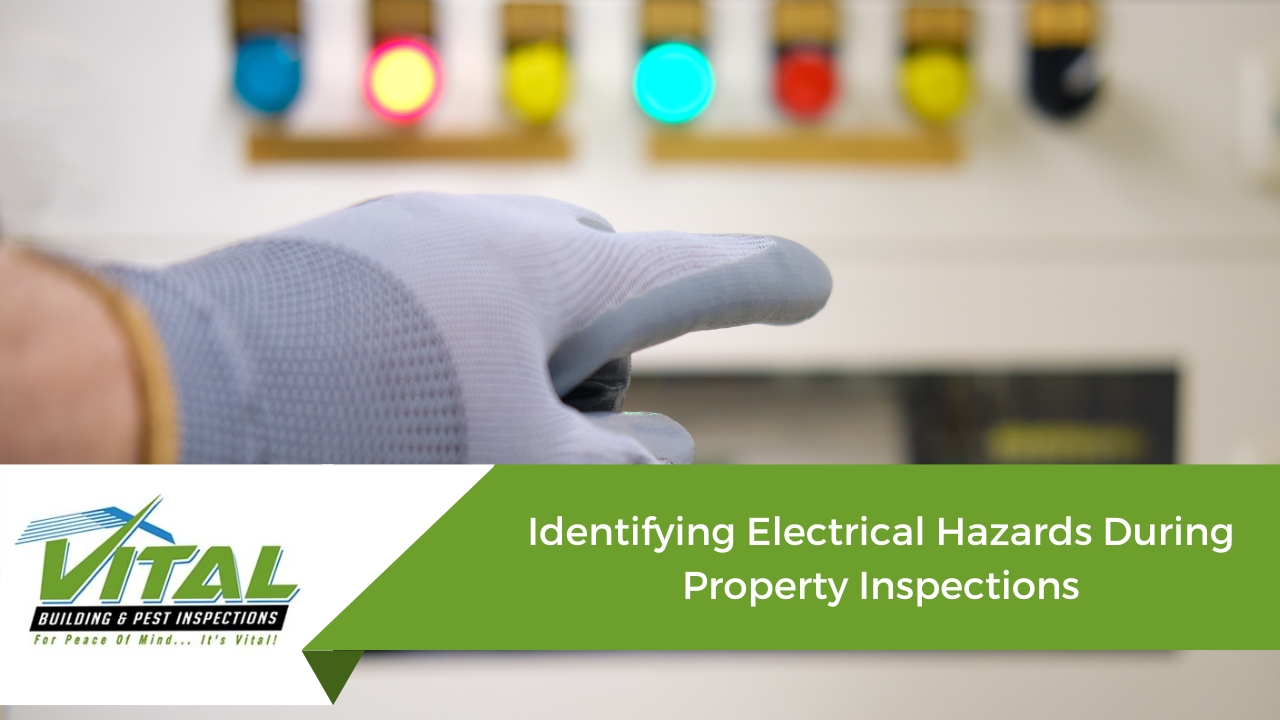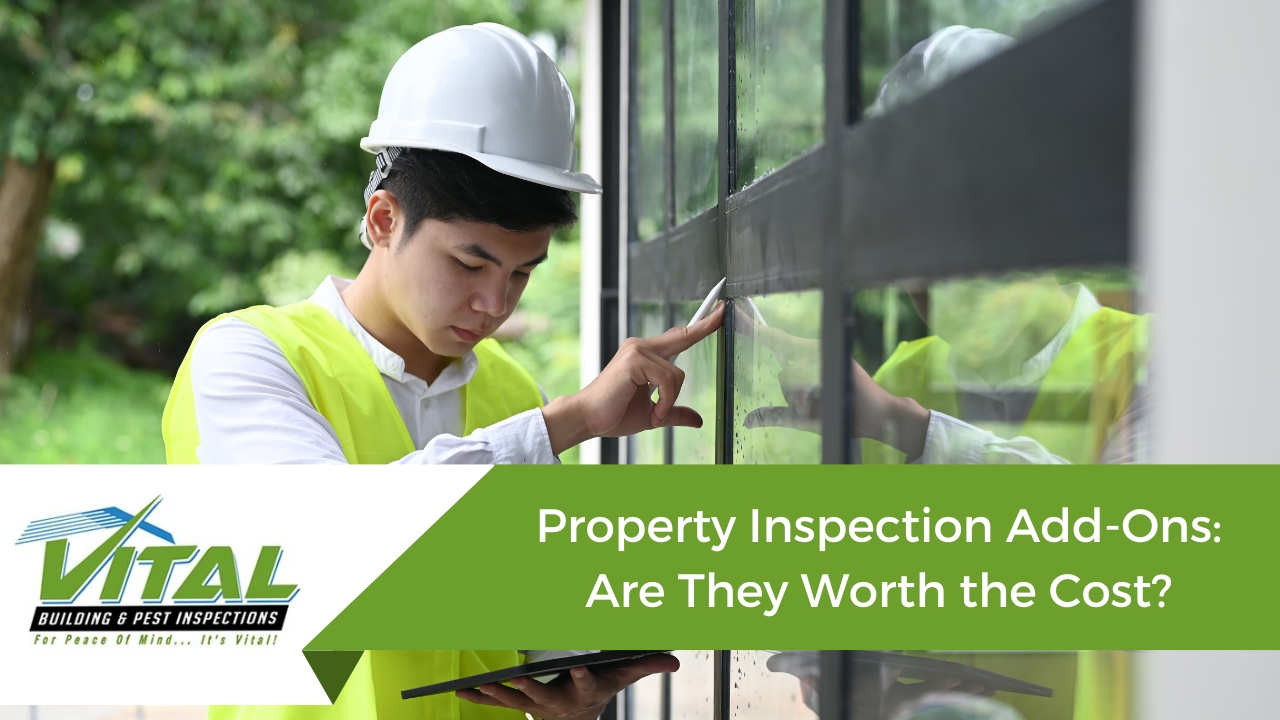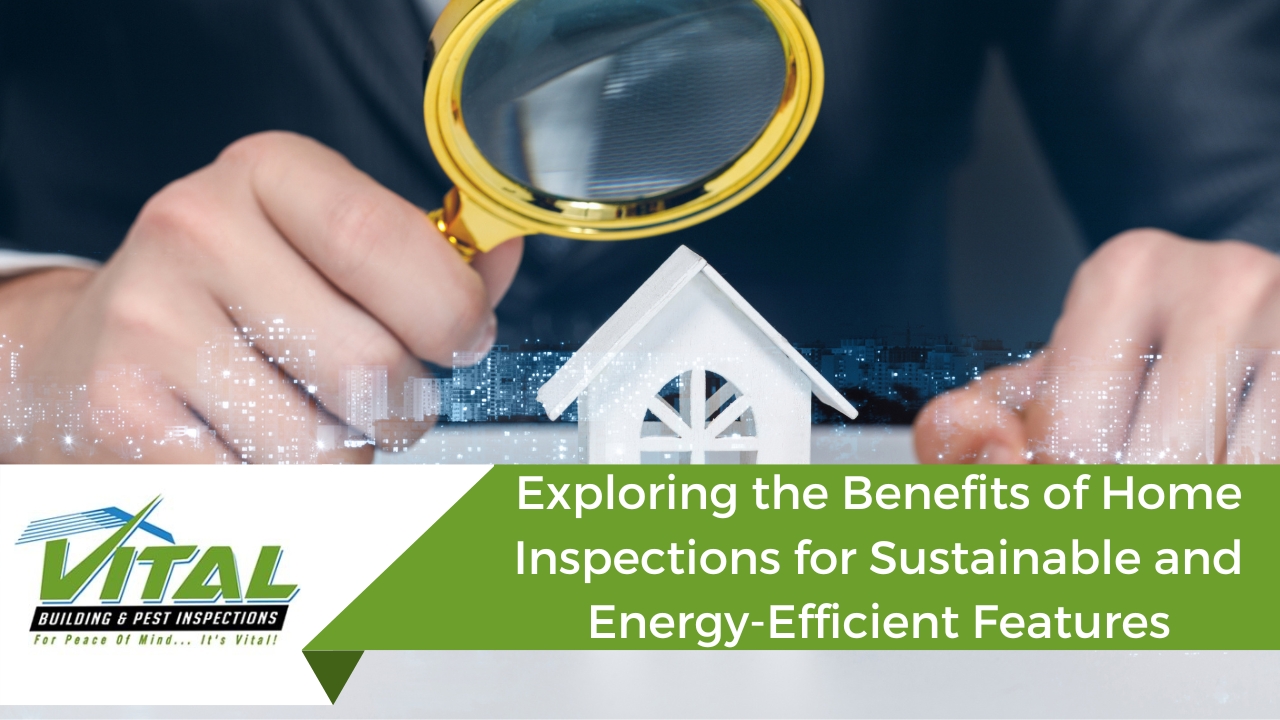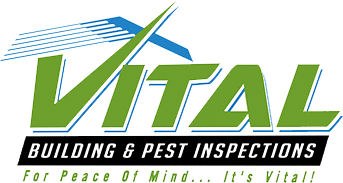Electrical systems are integral to the functionality of any property, but they can also pose significant hazards if not properly maintained. As a building inspector, identifying electrical hazards during property inspections is paramount to ensure the safety of occupants and the structural integrity of the building. In this article, we will explore key electrical hazards inspectors should be vigilant about and provide insights into addressing and preventing potential risks.
Electrical System Hazards
Outdated Wiring Systems
Aging properties often possess wiring systems that don’t comply with current safety standards. Inspectors need to thoroughly examine these systems for signs of deterioration, such as wear, fraying, or exposed wiring. This is especially critical in older buildings where the electrical infrastructure might not have been updated to meet contemporary safety requirements.
Overloaded Circuits
Overloading circuits is a common issue, especially in properties that experience increased electrical demands due to modern appliances and technologies. Inspectors should carefully check for circuit breakers that frequently trip, as this often indicates an overloaded circuit. This situation can pose fire hazards and needs immediate attention.
Inadequate Grounding
Proper grounding is crucial to prevent electrical shocks and fires. During inspections, it’s essential to verify that electrical systems are adequately grounded. Any loose or damaged grounding conductors should be promptly addressed to mitigate potential hazards.
Faulty Outlets and Switches
Thoroughly examining outlets and switches is necessary for inspectors. They should look for any signs of damage or wear, such as cracked or charred outlets. Additionally, switches that feel warm to the touch might indicate underlying electrical issues that demand immediate attention to prevent potential hazards.
Water Intrusion and Moisture Issues
Inspectors must be vigilant for signs of water intrusion near electrical components. Moisture can lead to corrosion, short circuits, and pose the risk of electrical shock. Identifying and addressing these issues promptly is crucial to maintaining electrical safety.
Improper DIY Electrical Work
Instances of homeowners or unqualified individuals attempting DIY electrical work often result in hazardous conditions. Inspectors need to search for improperly installed wiring, non-compliant junction boxes, and other signs of amateur electrical work that could pose serious safety risks.
Inadequate Electrical Panel Clearances
Ensuring proper clearances around electrical panels is vital for safety and maintenance purposes. Inspectors should confirm that panels are easily accessible and not obstructed by furniture, storage, or other items that could impede emergency shut-offs or routine inspections.
Insufficient Electrical Capacity
Given the increasing power demands of modern homes, outdated electrical systems might lack the necessary capacity for today’s appliances and electronics. Inspectors should assess the electrical panel’s capacity to determine if an upgrade is necessary to accommodate these growing needs and ensure electrical safety and functionality.

The Role of Certified Inspectors in Identifying Electrical Hazards
When it comes to property inspections, particularly concerning electrical safety, the expertise of certified inspectors becomes invaluable. These professionals are equipped with a unique skill set derived from extensive training and experience, allowing them to meticulously assess the electrical systems within properties. Their role extends beyond merely identifying visible issues; rather, they delve deep into the wiring, circuits, outlets, grounding systems, and electrical panels, employing their expertise to uncover potential hazards that might otherwise remain unnoticed.
- Expertise and Training – Certified inspectors play a pivotal role in property inspections, especially concerning electrical safety. Their extensive training and expertise equip them with the knowledge and skills necessary to identify potential electrical hazards within properties. They are well-versed in local regulations and national safety standards, ensuring a comprehensive evaluation of electrical systems.
- Thorough Evaluation – Professional inspectors conduct thorough examinations of wiring, circuits, outlets, switches, grounding systems, and electrical panels. Their meticulous approach helps in uncovering hidden issues that might pose risks to the property and its occupants. By leveraging their experience, inspectors can pinpoint specific hazards and offer recommendations for mitigation.
- Risk Mitigation and Safety Assurance – The insights provided by certified inspectors are crucial for property owners and buyers. Through their evaluations, they highlight potential hazards and suggest measures to rectify them, thereby mitigating risks of electrical fires, shocks, or system failures. Professional inspections not only ensure compliance with safety standards but also provide peace of mind regarding the property’s electrical safety for its occupants.
Property Inspections can uncover Electrical Issues
Identifying electrical hazards during property inspections is a critical responsibility for building inspectors. Regular inspections, attention to detail, and awareness of common electrical issues enable inspectors to uncover potential hazards and recommend necessary repairs or upgrades. Prioritising electrical safety not only protects the well-being of occupants but also ensures the longevity and resilience of the property’s electrical infrastructure.
If you have concerns about electrical safety during a property inspection, consult with professionals like Vital Building Inspections Sydney on 0401 012 074.

